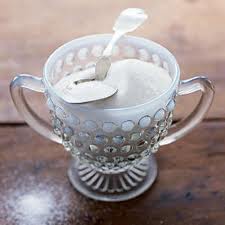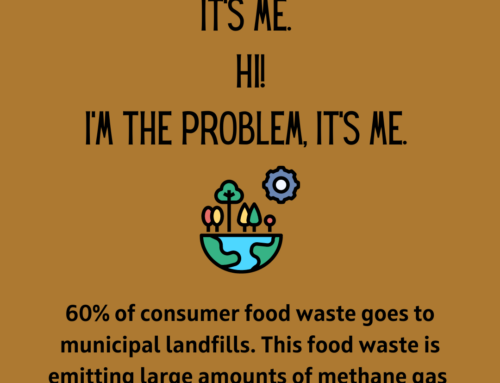Well since everyone’s been talking about Kraft Singles, I guess they forgot all about the Dietary Guidelines for Americans report. Seems the media loves to mock us dietitians when they get a chance – Whatever. When it comes to eating, common sense goes a long way. The DGA helps by offering tips, and the latest report includes guidelines about how much sugar or artificial sweeteners you should consume. 
Also, if you are a parent, keep in mind that children aren’t little adults. They are smaller, are growing, and have different nutritional needs.
- Added Sugar. Added sugars are addressed in terms of how they may impact obesity, diabetes, heart health and dental caries. High intake of sugar-sweetened beverages is recognized as associated with unhealthy weights. The evidence linking added sugar to cardiovascular disease has limitations. As far as dental caries go, there is a relationship between higher sugar intake and higher incidence of dental caries. (and for those wondering about added sugar math – 1 teaspoon of sugar = 4 grams sugar. And remember in foods such as sweetened yogurt, 10-12 grams of the sugar is naturally occurring lactose)
- Low calorie sweeteners. Interestingly, despite evidence showing that low cal sweeteners can aid in weight control, the DGAC concluded that since there is some studies have shown that they are associated with diabetes risk (no studies showing cause), they should be limited, and replaced with water as a primary beverage.
“Although the finding indicates a positive association between ASSD and type 2 diabetes risk, the trend was not consistent and may indicate an alternative explanation, such as confounding by lifestyle factors or reverse causality (e.g., individuals with higher BMI at baseline may use ASSD as a means to control weight).”
If an overweight person walks into my office and reports that he drinks 2 liters of soda a day, I’m obviously going to encourage him to work on breaking that habit. Sugar is calorie-dense, and it’s easy to over consume calories via caloric liquids. On the other hand, a skinny 17-year old may have room in his diet for an extra 300 calories of juice, juice drink, or soda as long as his diet is balanced otherwise. Especially if he isn’t a big eater (it’s a myth that all teenage boys eat constantly).
Artificial sweeteners have been shown to be safe, and can be an effective tool in managing blood sugar levels in those with diabetes (yes, water is a no-calorie choice, but sometimes folks want to drink a flavored beverage. A diet beverage does not impact blood glucose levels).
Take-away: Dietary advice should be individualized. While most of my colleagues will use the DGA to offer advice, each of them will also consider your personal situation and history when guiding you. Lots more reasons to see a registered dietitian! Happy National Nutrition Month®





[…] Sugar and Artificial Sweeteners: DGA 2015 – via rustnutrition.com/blog A registered dietitian’s thoughts about sugar and artificial sweeteners, and how they can affect your weight and blood sugar levels. […]